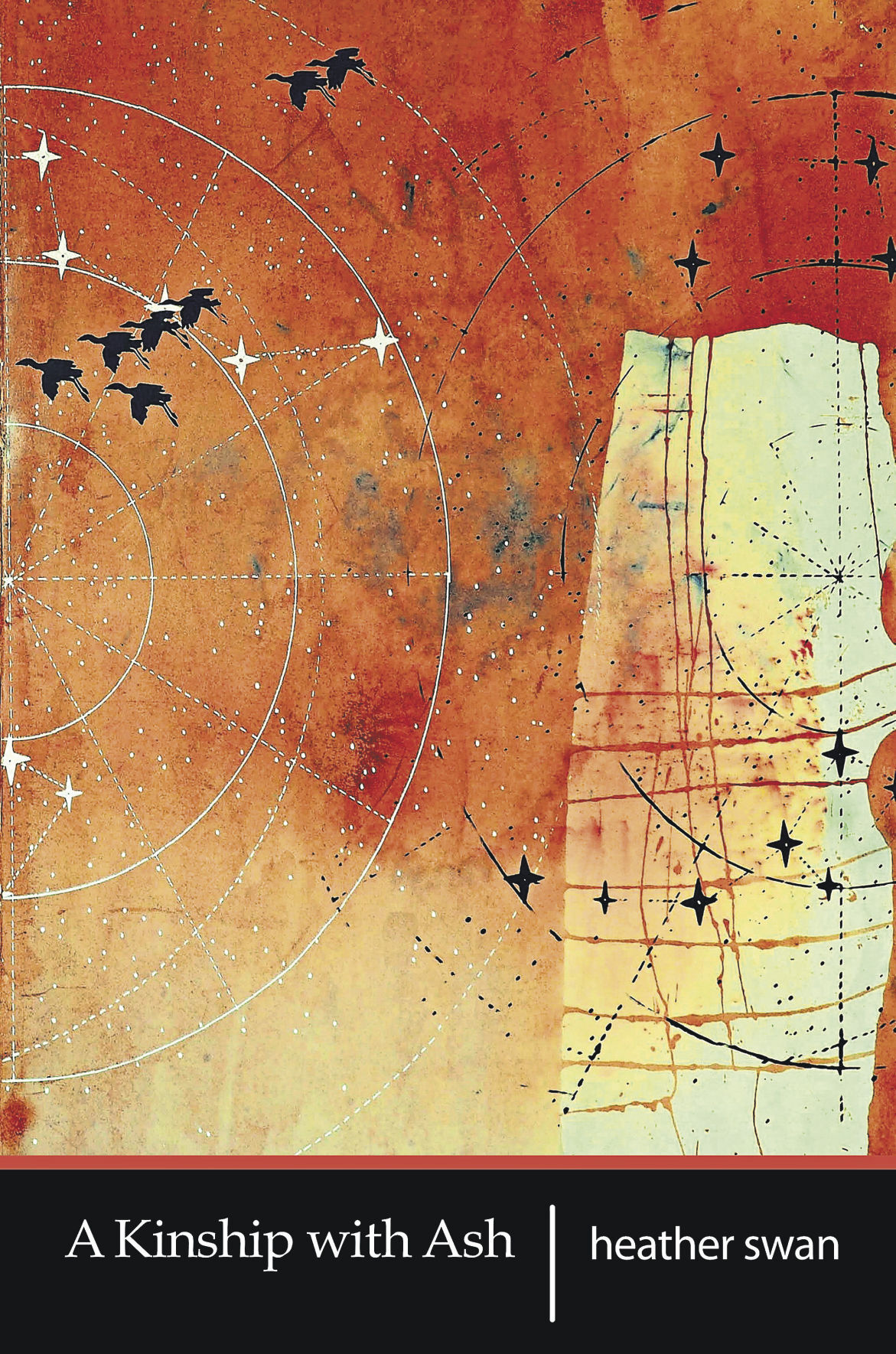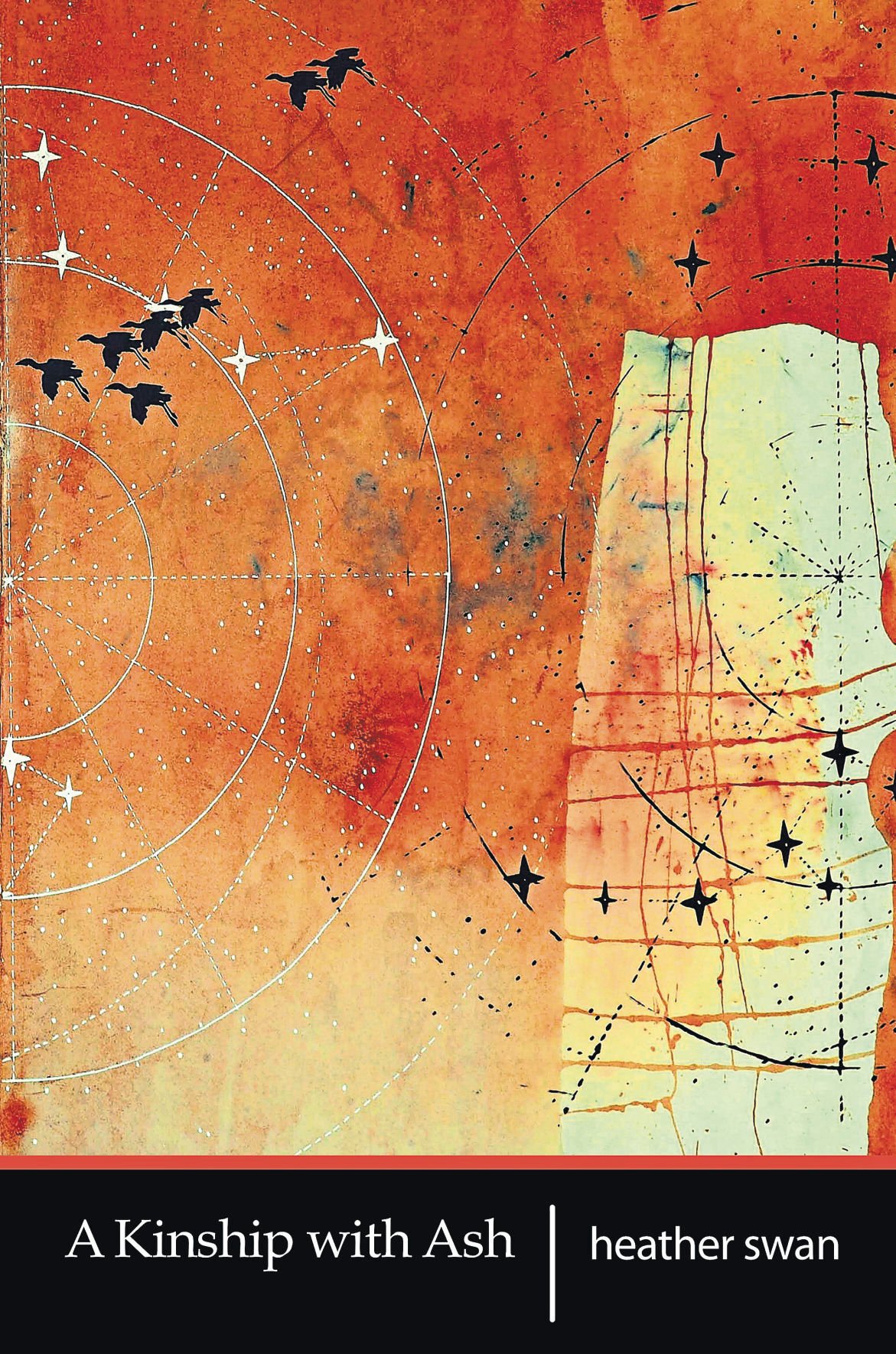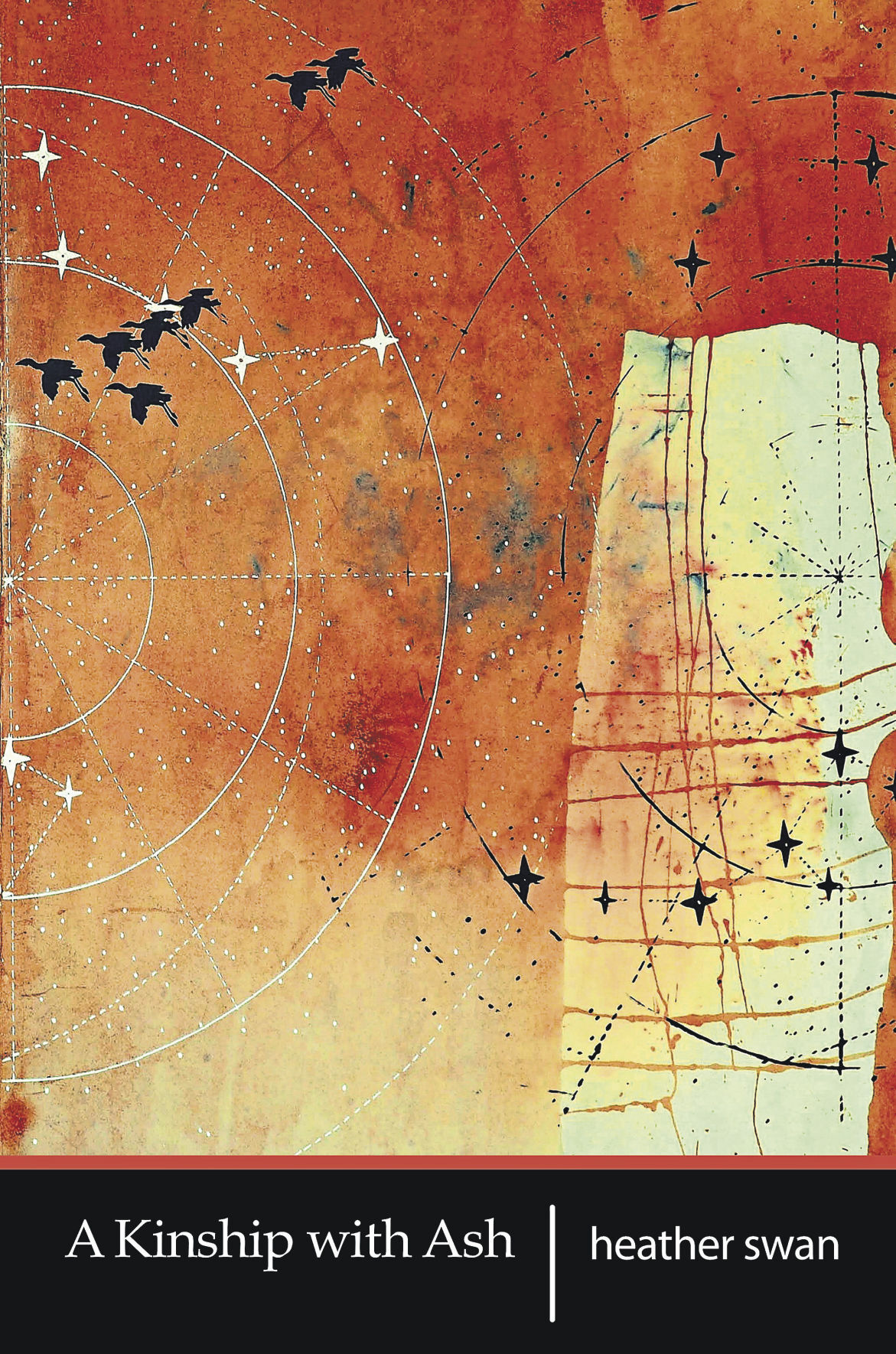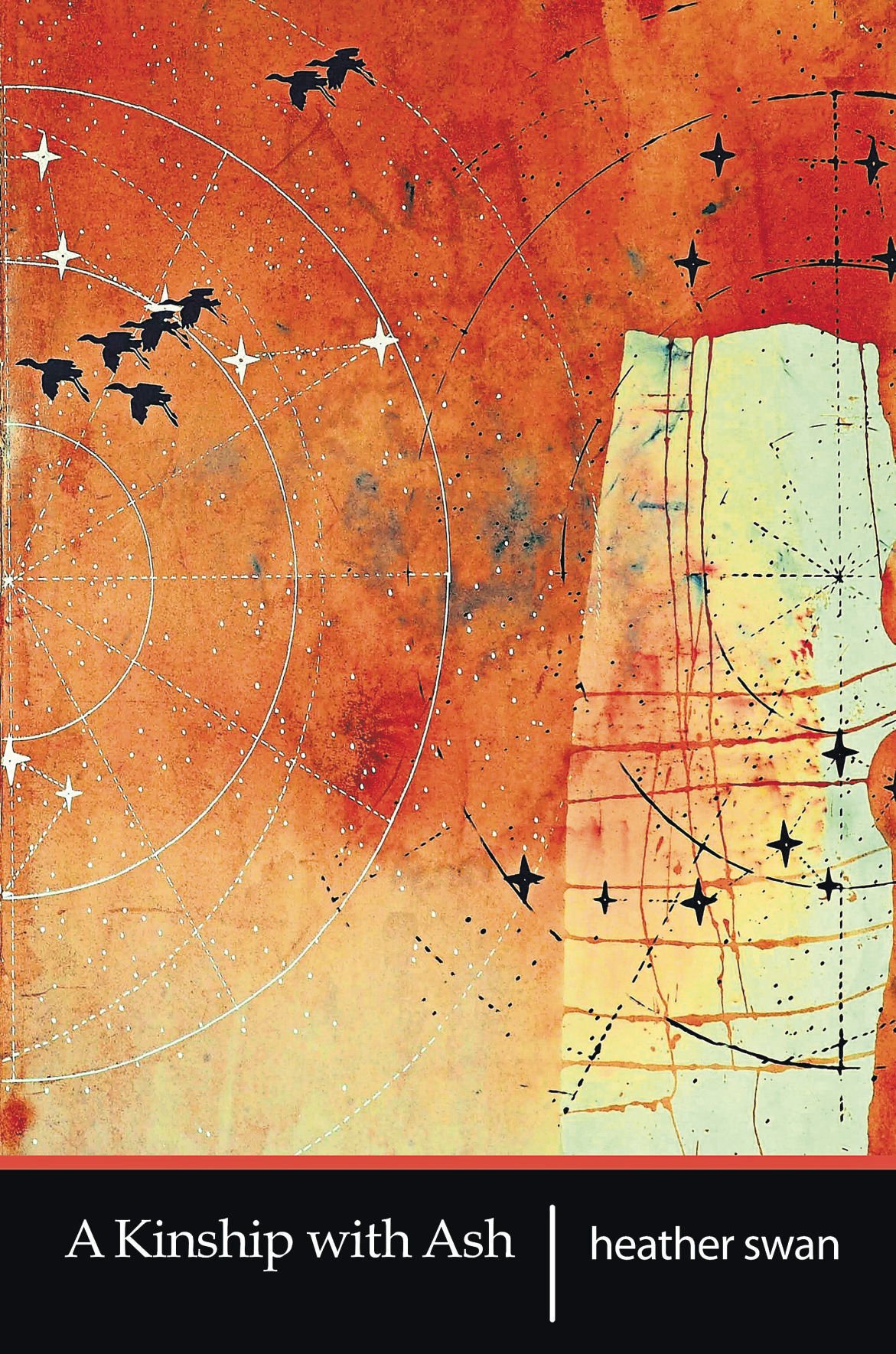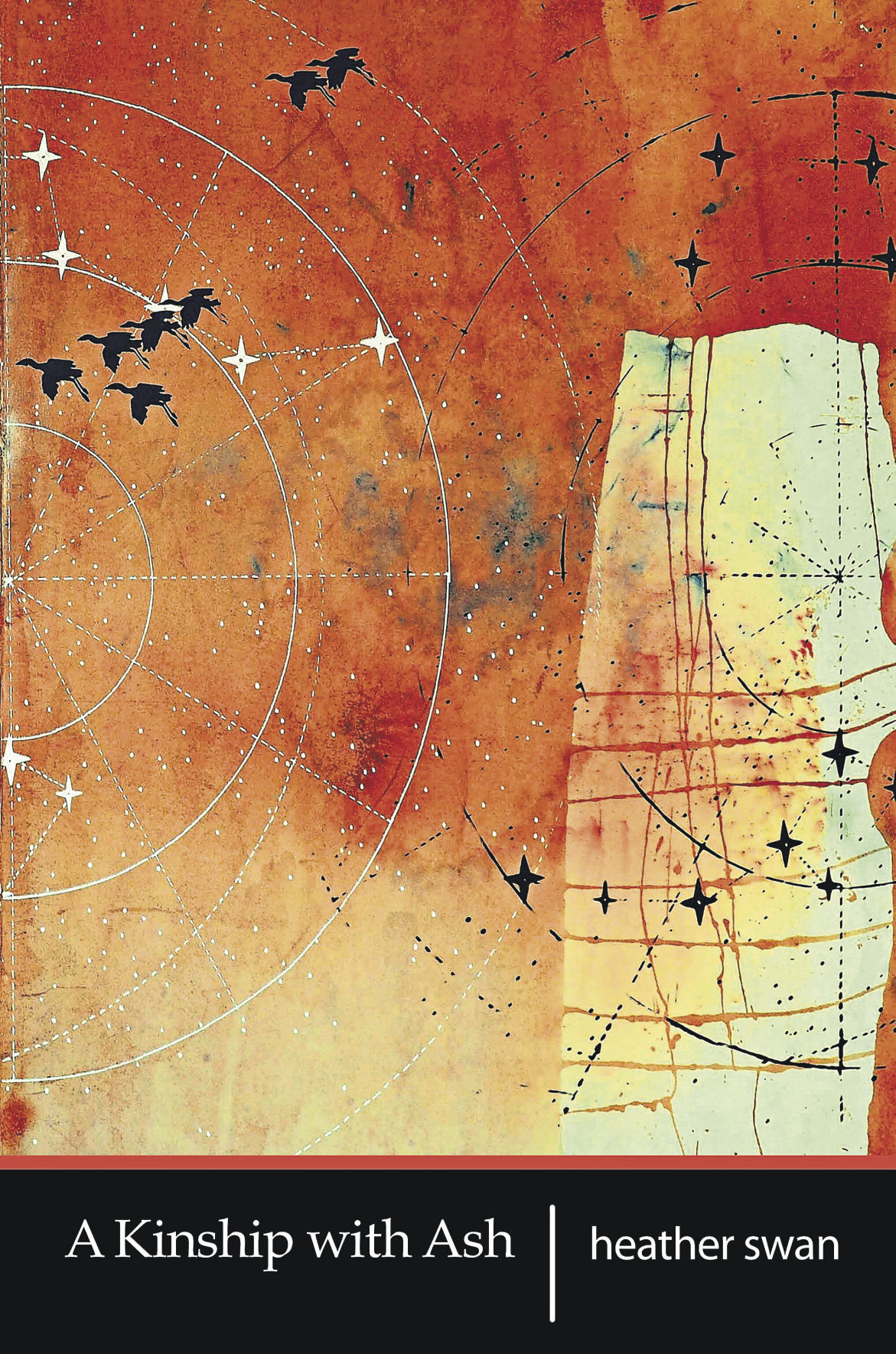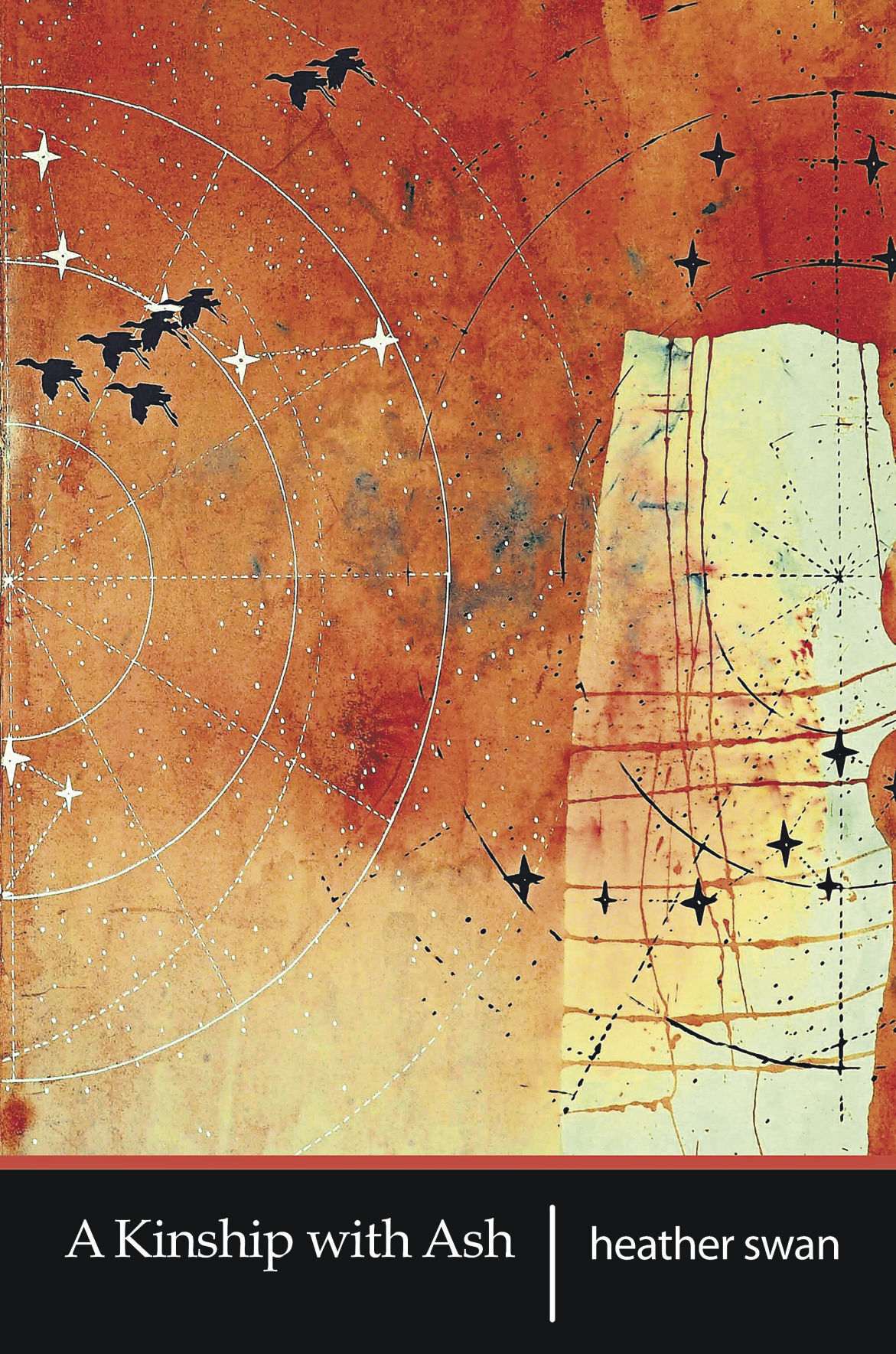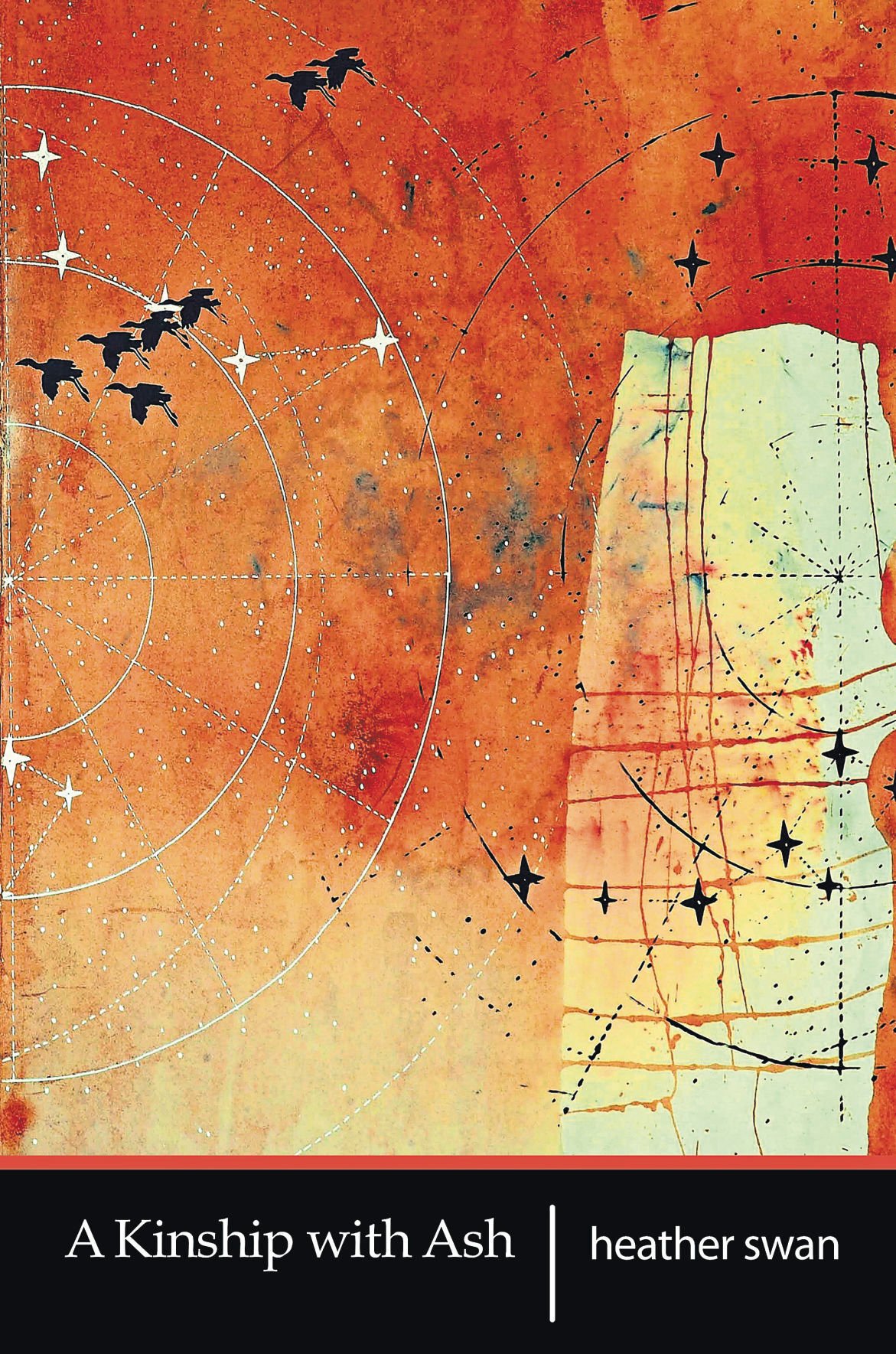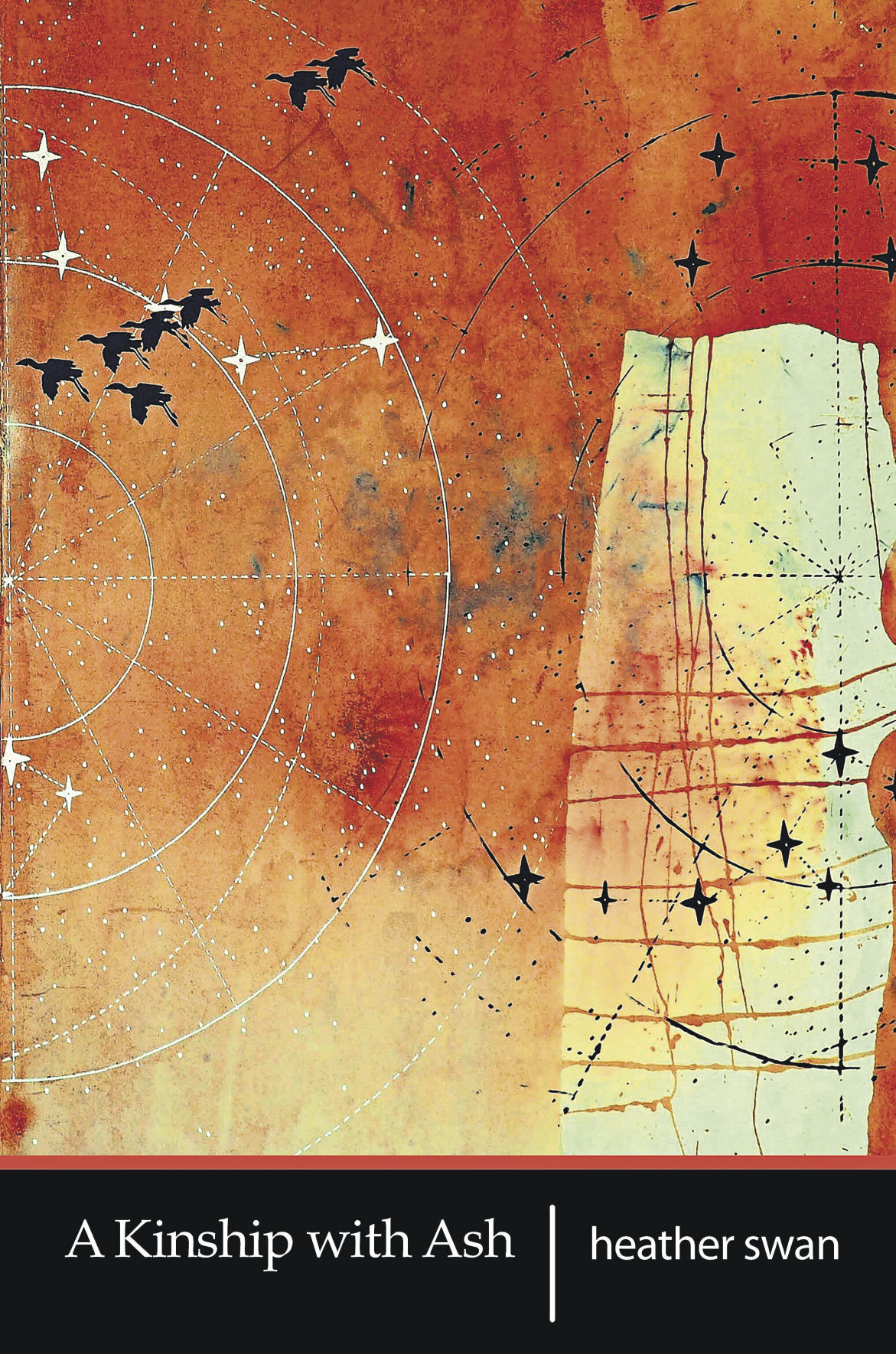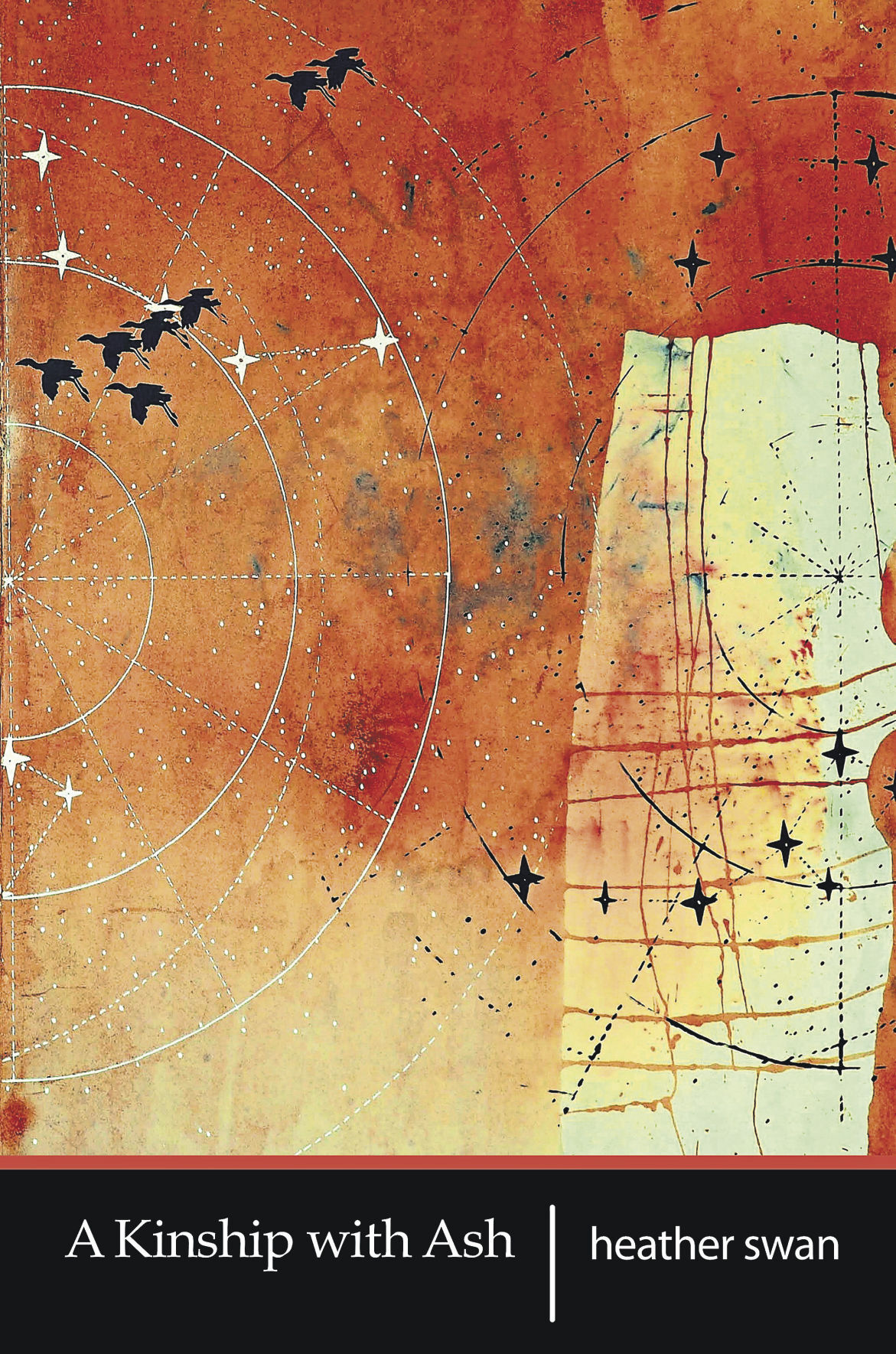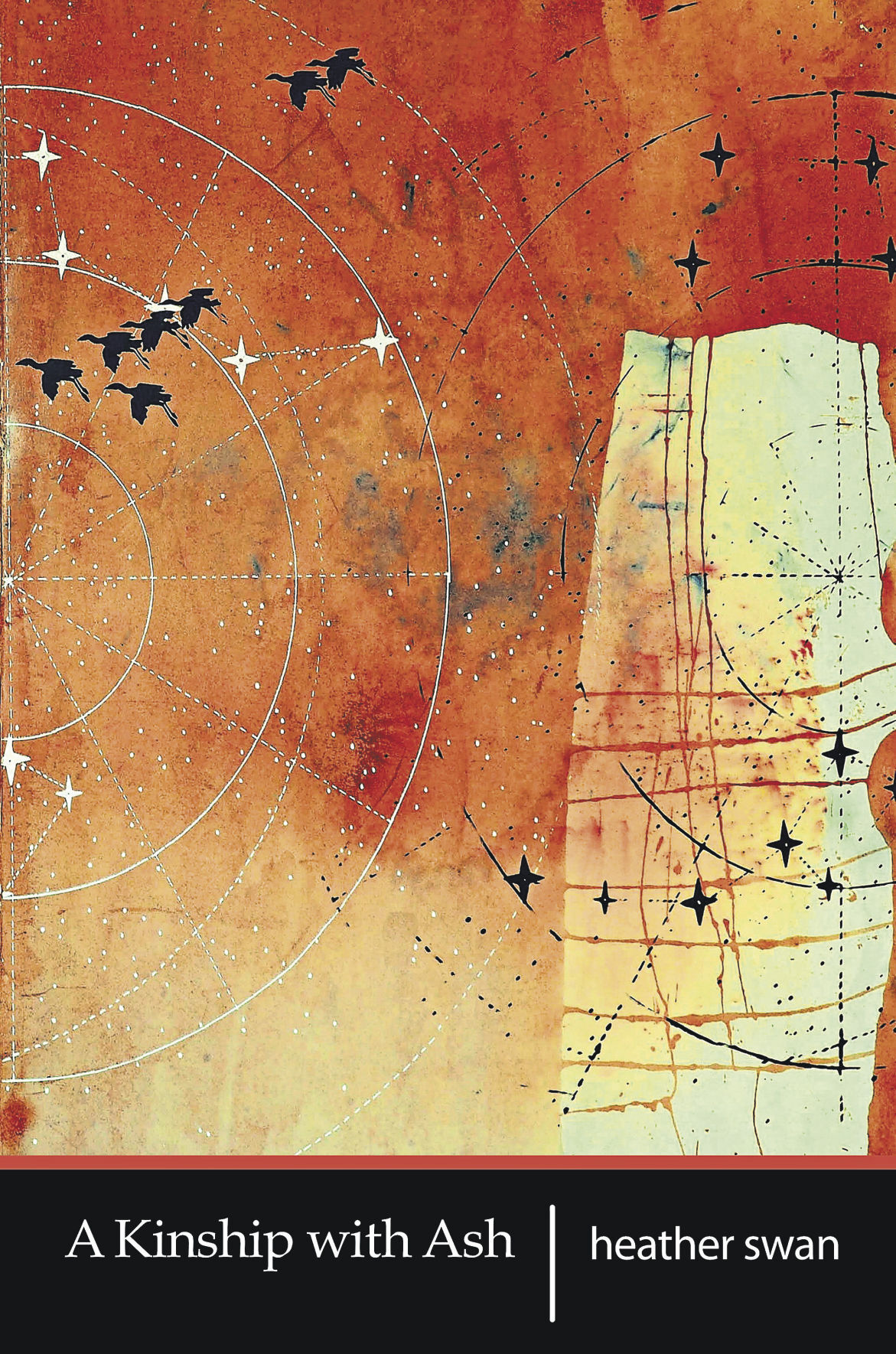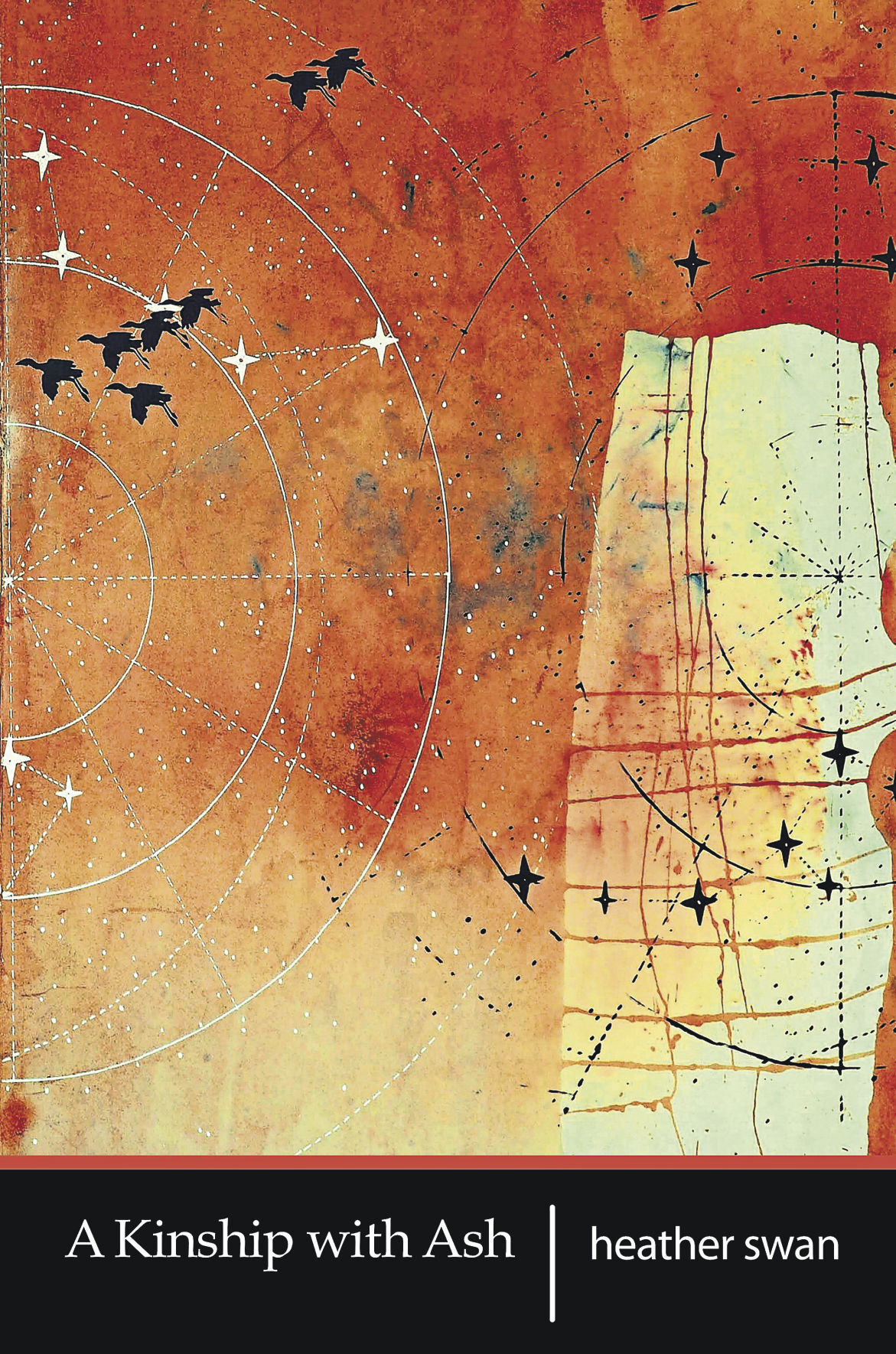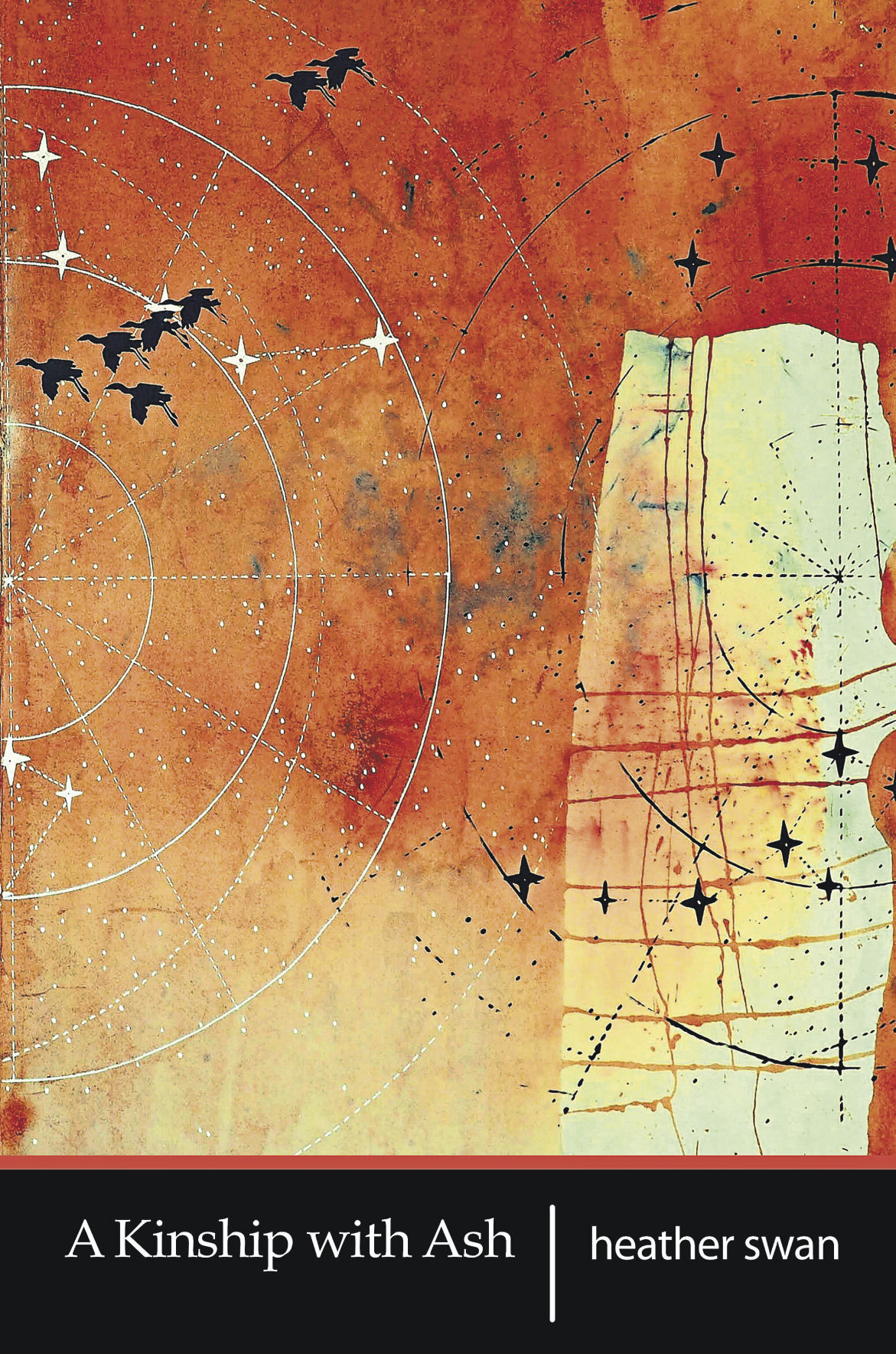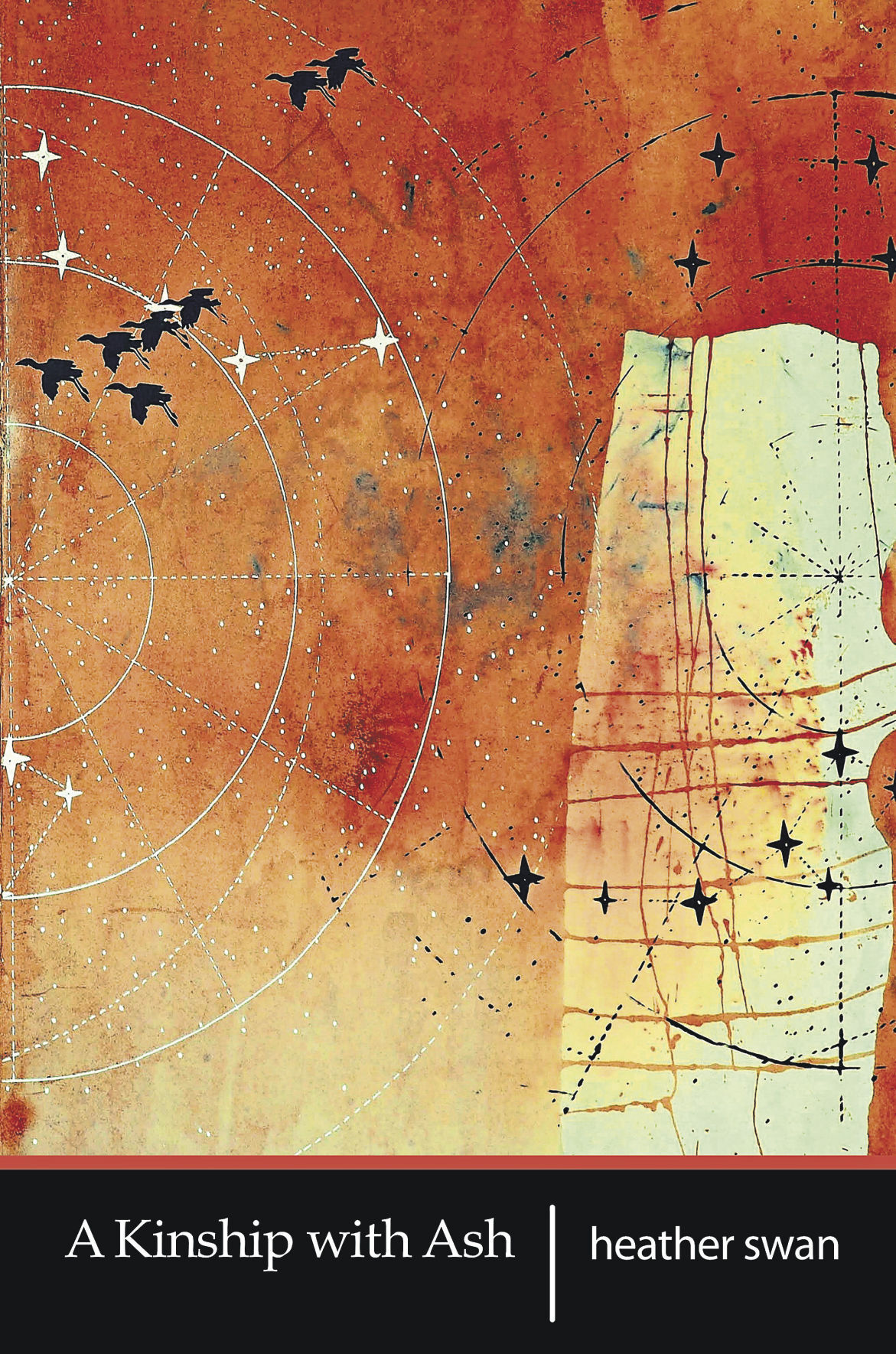GALENA, Ill. — As a child growing up in Galena, Heather Swan found that becoming an artist and an environmentalist was an inevitable destiny.
“Galena was a town that had lots of artists living in it. Both of my parents were artists. My dad was a painter, and my mom was a potter,” she said. “We lived a bit out in the country, and I spent a lot of time outside. So, my interest in the arts and in nature were definitely influenced by Galena.”
Swan and her family eventually left Galena — she spent some time growing up in New York, Massachusetts and Colorado — but they returned to the area for her high school years.
“At the high school, there was definitely support in pursuing my writing,” she said.
Swan is a senior lecturer at the University of Wisconsin-Madison, where she teaches writing and environmental literature.
The Pushcart Prize-nominated poet will perform a pre-recorded reading of her works on the Galena Center for the Art’s YouTube channel on Friday, Nov. 20, followed by a live virtual Q&A.
“It’s so interesting to do these in this new online world,” she said. “It’s expanded our ability to have these online communications. And, of course, artists would be the ones to find these things.”
Swan’s new book of poetry, “Kinship with Ash,” contains her Pushcart Prize-nominated, “Pesticide I: Liberty,” one in a series that she calls pesticide poems.
“I realized that words like serenade, liberty, victor, calypso, vespers, olympus, luna, serenade, gem, were being used as brand names for pesticides,” Swan said. “They’re these beautiful words that are used to label something that’s toxic. These words have been co-opted from our language, and I wanted to take them back.”
“Kinship with Ash” touches on many of aspects of the environment that concern Swan, including climate change and species extinction.
Swan wrote an award-winning non-fiction book, “Where Honeybees Thrive,” that focused on the declining population of bees. It is a subject she is passionate about.
“If the insects disappear, plants disappear. If plants disappear, animals disappear,” she said. “For a long time, I’ve been involved in thinking about the decrease in population of non-human beings.”
For several years, Swan made her living as an artist in other mediums, including painting, drawing and sculpting. But the pull of writing poetry led her down that path.
“There were things that writing could do that’s slightly different than other modes of art-making,” she said. “I worry about things like extinction and climate change. Writing is a really good way for me to process a lot of that pain and wanting to honor the wonders all around us.”
Swan enjoys teaching and empowering her students to become better critical thinkers. But it is her poetry that sustains her.
“I write poetry because it helps me make sense of the world,” she said. “I write into uncertainty, but it helps create meaning for me. I may not be making a living doing it, but it helps make living meaningful.”
Swan said her poetry is a perfect way to share her environmental message with the world, and to give a voice to those creatures that don’t always have one.
“I try to approach that with humility,” she said. “It’s a way for me to share with others these beautiful, extraordinary things in the natural world but also to remind them of the precarity of those things. Often my work is honoring nature, but it’s also a warning to the planet.”

